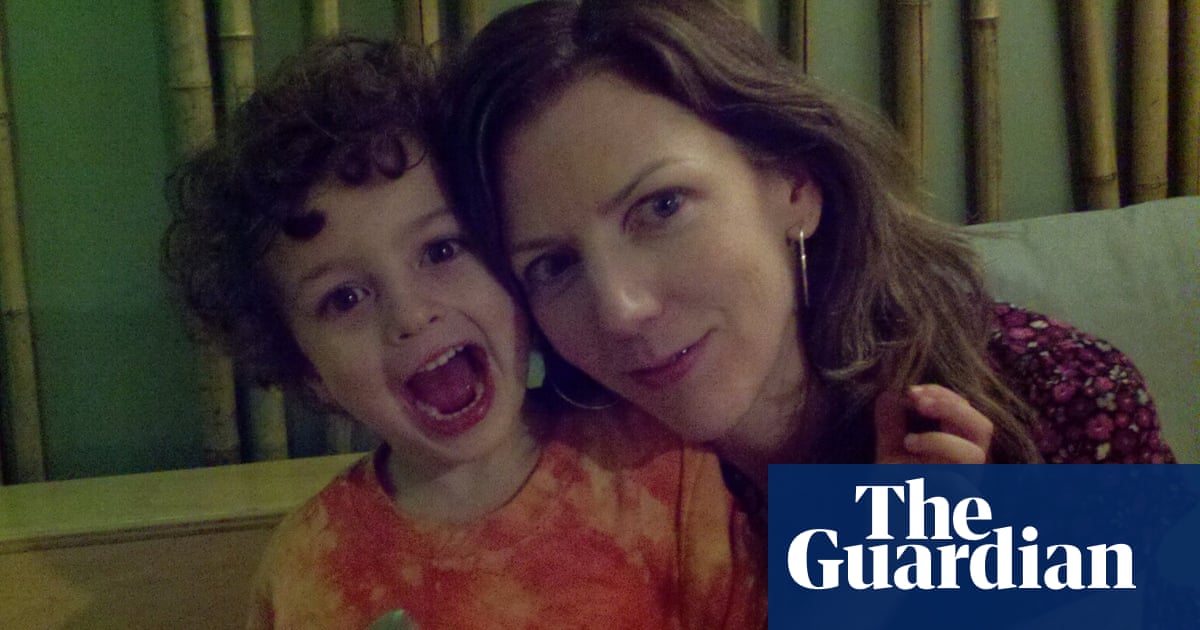
I am 31 and have moved back in with my mother. I didn’t finish university, but had jobs throughout my 20s, which were fulfilling. However, I never stayed longer than two years, thinking there was something better.
I had a shaky upbringing as one of three siblings. My father was emotionally abusive, often did not have a job (my mother was the breadwinner) and had affairs, which my mother made us aware of. I always stood up for her and confronted my father on her behalf; my siblings said nothing. This led to my father becoming particularly cruel towards me for many years. My father is now dying of cancer and I cannot find it in me to talk to him.
I recently moved to a different country for a job opportunity. I was violently sexually assaulted, but I did not tell anyone; just bottled it up and carried on. In the end, the job did not work out, as I kept taking time off due to panic attacks. I am now back at home with my mother and her husband of many years (with whom I have a good relationship).
I told them about the attack and they somewhat sympathised. However, my alcohol intake has started to increase over the past few months and I am close to being kicked out; they say I am disrupting their lives. I have reached out to local services for help, but I was wondering if you could provide any insight as to how we can all live together while I am getting the help I need?
I’m really sorry to hear about your sexual assault. Please get in touch with Rape Crisis (rapecrisis.org.uk) or a similar local organisation. This is a huge thing, and not something to be “somewhat sympathised with”. It was not your fault, and you might benefit from talking to someone who understands.
It was interesting that you (alone) stood up for your mother; but what did she do when your father was “particularly cruel” to you? And why did she feel the need to tell you about the affairs? Life must have been tough for her, but some boundaries, already back then, seem to have been breached.
I got the impression of you mired in treacle, trying to move on with your life but constantly being pulled back. Psychoanalyst Stephen Blumenthal (bpc.org.uk) helped me see why this might be. There’s a lot going on psychologically; you present “symptoms” but without seeming to link them to the “causes”.
Having a shaky start in life cannot have been easy. When parents don’t get on, whether they separate or stay together, it’s important that the child is allowed to develop some critical thinking skills to make their own mind up, rather than one parent becoming the saint and one the sinner: it’s rarely that simple.
Blumenthal also felt that your history of not settling, not finishing your degree and always looking over the horizon at other jobs may be a result of being caught up in your past. Maybe you don’t feel you’re good enough, or you self-sabotage, but you would certainly benefit from discussing it in therapy. NHS help may take time to come through, so it would be great if you were able to see someone privately. Many therapists are offering online/telephone support at the moment, often with reduced fees. Please look into it.
Blumenthal explained that we often “repeat things in an attempt to master them”, but that if we have unresolved issues, “it’s difficult to move on. You seem as if you are trying to resolve your past but are continually drawn back into it.” I see this a lot in the letters I get – adult children unable to become truly autonomous of their families, often moving back home to look for something they felt they didn’t get the first time round.
Contacting your father is, of course, a matter for you, but Blumenthal emphasised that “feelings of regret can be difficult to overcome following the death of a parent, particularly when that relationship has been a complicated one”.
There are lots of positives in your letter. You are resilient and, as Blumenthal noted, “you seem to have a strong sense that things aren’t quite right for you and that things need to be addressed”.
The first things to deal with are the assault and your alcohol issues (alcoholics-anonymous.org.uk). You also need, as soon as you can, to move out and start attending to your own needs and, crucially, have your own needs attended to.
• Send your problem to annalisa.barbieri@mac.com. Annalisa regrets she cannot enter into personal correspondence.
Comments on this piece are premoderated to ensure the discussion remains on the topics raised by the article. Please be aware that there may be a short delay in comments appearing on the site.












